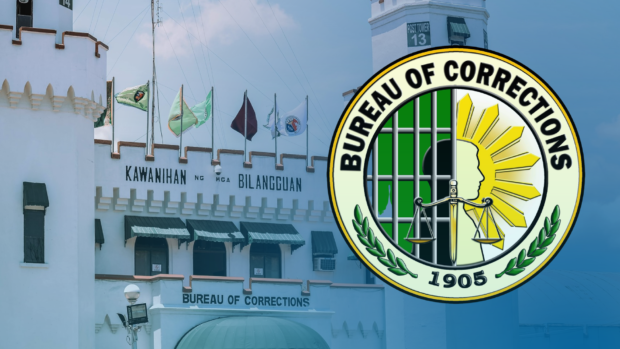
MANILA, Philippines — The Department of Agriculture (DA) and Department of Justice (DOJ) signed a memorandum of arrangement (MOA) to farm the Bureau of Corrections (BuCor) unused land.
The agreement forms part of the agencies’ joint venture, the Reformative Initiative for Sustainable Environment (Rise) for Food Security Project.
Other than utilizing the lands, it is likewise aimed at helping inmates prepare for reintegration into society.
President Ferdinand R. Marcos Jr., who serves as the concurrent chief of the DA, witnessed the signing of the MOA by Agriculture Senior Undersecretary Domingo Panganiban and BuCor chief Gregorio Catapang Jr.
“This initiative attests to our unyielding commitment to both food security and rehabilitative justice. By investing in these capacity-building activities, we are not only helping boost food production but also giving our PDLs opportunities to realize their potential for positive change and for reformation,” said Marcos.
The pilot project will be in Iwahig in Puerto Princesa City, Palawan.
Around 500 hectares of BuCor’s land will be developed into agri-tourism sites and food production areas. It includes but is not limited to the following:
- 30-hectare cashew production area
- 1 hectare of edible landscaping
- 25 hectares yellow corn production area
- 40-hectare rice production area
“The challenges in food security today are multifaceted and complex, thus it is crucial for us that we work together and tap into our respective specialties, expertise and strengths so we can formulate more comprehensive, empirical, and integrated approaches. In fact, among this administration’s priorities are the attainment of food security and the zero hunger goal under the sustainable development goals,” said Marcos.
Undersecretary Panganiban said the MOA also allows the BuCor to enter agreements with other government agencies and public-private partnerships with companies.
“The MOA also mandates the crafting of BuCor’s Agricultural Development Plan to set detailed targets and outcomes for at least five years and identify stakeholders; actions and interventions with the corresponding budgetary requirements,” said Panganiban.